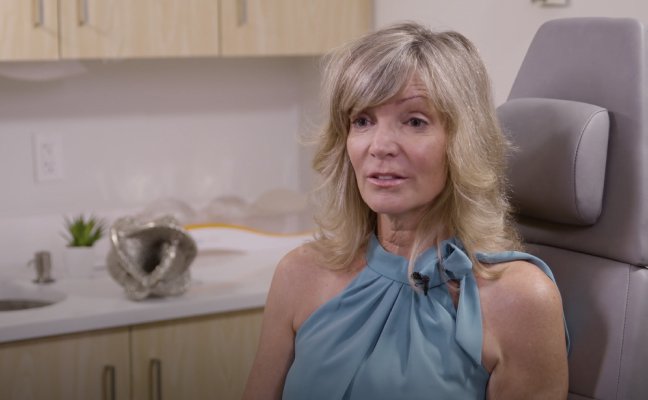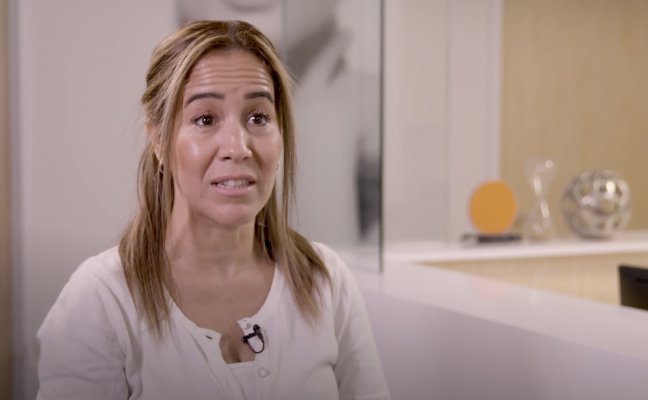Shop SkinBetter Products Here
BOSTON PLASTIC SURGERY
Shop SkinBetter Products Here
BOSTON PLASTIC SURGERY

America’s oldest public park (est. 1634), Boston Common’s design layers—from militia drills to Olmsted-era landscaping—offer a living case study in civic park restoration and green space envelope conservation.
Phone: (617) 635‑4505
Charles Bulfinch’s 1798 masterpiece features a patinated dome and refined Federalist design, making it a prime example of historic masonry techniques and envelope restoration.

Phone: (617) 727‑1100
Boston’s 1713 city hall, where colonists watched the 1770 Massacre unfold—restored brick masonry and Georgian detailing make it vital to colonial-era preservation studies.

Phone: (617) 722‑1788
Known as the “Cradle of Liberty,” this 1742 Georgian marketplace and meeting hall features historic masonry and adaptive reuse from 1992 renovation.

Phone: (617) 523‑1300
Kallmann McKinnell & Knowles' 1968 Brutalist civic complex anchors Government Center, now landmarked for its bold concrete envelope and urban design impact :contentReference[oaicite:1]{index=1}.

Phone: (617) 635‑4500
Built in 1723, this Georgian-style church is a National Historic Landmark where lanterns signaled Paul Revere’s ride—its restored wood and masonry steeple offers preservation insights :contentReference[oaicite:2]{index=2}.

Phone: (617) 523‑6676
Henry Hobson Richardson’s 1877 Richardsonian Romanesque masterpiece in Back Bay features rock-faced stone, polychromatic trim, and a cruciform plan that revolutionized American civic architecture.

Phone: (617) 536‑0944
Completed in 1875 in Back Bay, this Gothic Revival church by Cummings & Sears is renowned for its polychrome brick and stone façade and exemplary stained‑glass preservation.

Phone: (617) 536‑1970
C. P. H. Gilbert and Charles Follen McKim’s 1895 McKim Building in Copley Square is a Beaux-Arts marvel, noted for its marble envelope, vaulted atrium, and historic preservation challenges.

Phone: (617) 536‑5400
Launched in 1797 and nicknamed “Old Ironsides,” this wooden‑hulled frigate is the world’s oldest commissioned naval vessel afloat. Her drydock restoration offers valuable case studies in historic timber architecture and hull maintenance.

Phone: (617) 426‑1812
With its curving streets, Federal-style brick rowhouses, and wrought-iron balconies, this 1820s neighborhood showcases urban masonry facades and historic street envelope character for conservation projects.
Phone: (617) 635‑3850
Built in 1824–26 as the North End’s granite-paved market shed, Quincy Market's later 1970s adaptive reuse project combines historic envelope retention with modern food hall infrastructure.

Phone: (617) 523‑1300
Located in the State House since 1826, this library's neoclassical interiors and historic book stacks support archival conservation and envelope climate-control case studies.

Phone: (617) 727‑2310
The African Meeting House (1806) is the oldest extant Black church built by free African Americans in the U.S. Located in the Beacon Hill historic core, it is a focal point of the Black Heritage Trail and an essential landmark in African American civic history.

Phone: (617) 742‑5415
This Venetian palazzo-inspired 1903 museum, designed by Willard Sears, showcases historic European architecture and conservation. The building envelope and interior courtyard offer advanced case studies in climate control and structural aging.

Phone: (617) 566‑1401
Opened in 1912, Fenway Park is the oldest Major League Baseball stadium in the U.S. Its asymmetrical design, steel-and-concrete envelope, and preservation-based renovations serve as references for adaptive reuse of sports venues.

Phone: (877) 733‑7699
Completed in 1915, the 496-ft tower atop Boston’s 1847 Custom House features a granite base and neoclassical detailing, later adapted into a Marriott property. Restoration efforts have preserved the original masonry and clock tower design.

Phone: (617) 310‑6300
This linear park along the Charles River features the Hatch Memorial Shell, footbridges, and boat landings—highlighting mid-century public works, civic landscaping, and environmental integration.

Phone: (617) 227‑0365
Designed by Walter Gropius’s TAC in the 1960s, this Brutalist complex houses federal offices and features precast concrete cladding and structural expressiveness—a key example of modern federal envelope architecture.

Phone: (617) 565‑6800
Boston’s intermodal transportation hub, opened in 1899, features neoclassical façade, granite and limestone work, and ongoing envelope upgrades blending transit functionality with preservation values.

Phone: (617) 345‑0200
Built in 1809, Park Street Church's 217-ft steeple was once Boston's tallest structure. This Georgian-style religious site is integral to Boston's skyline and historical preaching tradition.

Phone: (617) 523‑3383
Explore the services we offer in Boston:
See how patients experience Clareo’s unrelenting commitment to quality, safety and exceeding expectations.




Shop SkinBetter Products Here
BOSTON PLASTIC SURGERY
